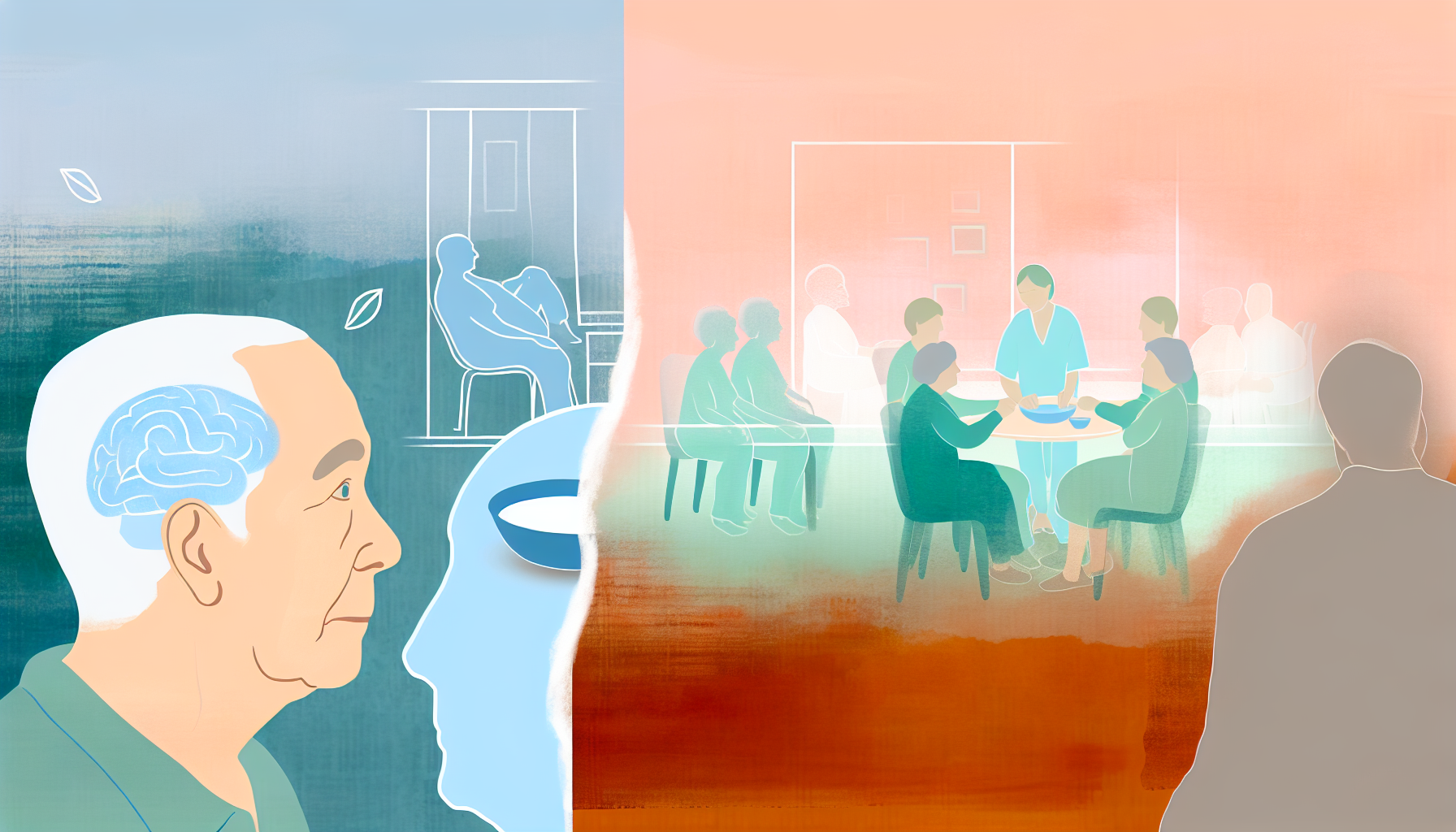Assisted Living Staff Qualifications: Who Cares for Your Loved One?
Staff training and caregiver qualifications in assisted living.
Introduction
Assisted living staff qualifications are among the most crucial considerations when selecting a care facility for aging parents or loved ones. Families need peace of mind knowing their loved ones are supported by trained professionals with the necessary certifications, experience, and compassion to handle the unique needs of seniors.
This article breaks down the key qualifications for assisted living staff, common certifications, state regulations, and how you can evaluate staff competency when choosing a facility. You'll also learn what staffing requirements mean for residents with increasing needs—such as memory loss, mobility issues, or chronic health conditions.
Related High-Intent Search Phrases
- senior housing for married couples
- can elderly spouses live together in assisted living
- affordable retirement communities for couples
- shared apartments for seniors in assisted living
- assisted living for husband and wife
- care options for aging couples with memory loss
- nursing homes that accept couples together
Why Staff Qualifications Matter
Every assisted living resident relies daily on caregivers to help with everything from mobility to medication reminders. Improperly trained or underqualified staff can lead to:
- Medication errors
- Hygiene and health neglect
- Miscommunication with healthcare providers
- Isolation, depression, or abuse
That's why understanding staff training levels can safeguard loved ones and help families advocate for their best interests.
Common Assisted Living Care Roles
Each facility typically includes a mix of trained team members, based on needs. These may include:
- Certified Nursing Assistants (CNAs) – Provide hands-on help with bathing, mobility, and monitoring residents’ health.
- Licensed Practical Nurses (LPNs) – Oversee basic nursing care and medication distribution. Supervise CNAs.
- Registered Nurses (RNs) – Develop care plans, supervise staff, and respond to health emergencies.
- Medication Aides – Certified to administer prescribed drugs under supervision.
- Memory Care Specialists – Trained specifically to support Alzheimer’s and dementia residents.
- Activities Directors – Coordinate games, wellness classes, and activities for social enrichment.
National and State-Level Requirements
Assisted living staff training requirements vary by state, making it essential to understand your region's laws. However, some industry standards are nationally accepted:
- CPR and First Aid Certification – Often mandatory for all direct-care staff.
- Background Checks – Required for all caregivers before employment.
- Annual Continuing Education – Many states demand staff complete ongoing training (e.g. dementia care, infection control).
- State Licensing – Facilities must meet staff-to-resident ratios and qualifications dictated by licensing boards.
To learn more about your state’s standards, visit AHCA/NCAL State Regulations.
Evaluating Caregiver Qualifications
Use this checklist when you tour an assisted living community:
- Ask management for a breakdown of staff certification and their roles.
- Inquire about staff-to-resident ratios during both day and night shifts.
- Observe staff demeanor—are they attentive, respectful, and patient?
- Review inspection reports or citations available at your local Department of Health.
- Seek testimonials or reviews about staff professionalism and availability.
Key Features & Benefits
Licensed Medical Oversight
- Ensures proper medication and chronic care management
- Provides peace of mind with professional supervision
Specialized Dementia Care Training
- Improves quality of life for memory care residents
- Reduces risk of agitation or wandering
Personalized Care Plans
- Tailored to evolving physical, emotional, and social needs
- Supports independence where possible
Level of Care
- Assisted living offers non-medical support like meals, bathing, and dressing.
- Nursing homes provide 24/7 licensed medical care.
- Memory care units support dementia-related needs with specialized staff.
Pros & Cons
| Pros | Cons | |
|---|---|---|
| Certified Staff Facilities | - Professional care - Better safety outcomes |
- Higher cost - Longer waitlists |
| Non-certified Facilities | - Lower pricing - May feel more home-like |
- Higher risk - Limited medical response |
Comparison
| Feature | Assisted Living Staff Qualifications: Who Cares for Your Loved One? | Alternative |
|---|---|---|
| Monthly Cost | $3,500–$5,000 | $2,000–$3,000 (for independent living) |
| Care Level | 24-hour support with trained aides and access to licensed nurses | Minimal or no medical staff on-site |
Costs
- Base Package: Room/board, meals, bathing/dressing assistance – $3,500+/month
- Optional Services: Transportation, medication management, physical therapy – added service fees
Frequently Asked Questions
What is assisted living staff qualifications?
Assisted living staff qualifications define the education, licensing, and training requirements for caregivers in residential facilities supporting the elderly.
How does it compare to alternatives?
Assisted living staff may not have as many medical certifications as nursing homes, but they are more equipped than independent living residence staff.
What are the typical costs?
Costs range between $3,000 to $6,000 monthly depending on location, care level, and extra services like memory care and physical therapy.
Is this option right for families?
Yes. Assisted living offers a balance of independence and care, ideal for seniors who need help but don’t require 24-hour skilled nursing care.
Are any services covered by insurance?
Most assisted living services are private pay. Some long-term care insurance or Medicaid waivers may apply in certain states.
Conclusion
Ensuring your loved one is cared for by skilled, certified, and compassionate professionals is not a luxury—it’s a necessity. By understanding assisted living staff qualifications and asking the right questions, families can choose a safe, caring, and suitable facility.
Explore our expert resources or visit the National Institute on Aging for more insight.

 Back to
blogs
Back to
blogs



